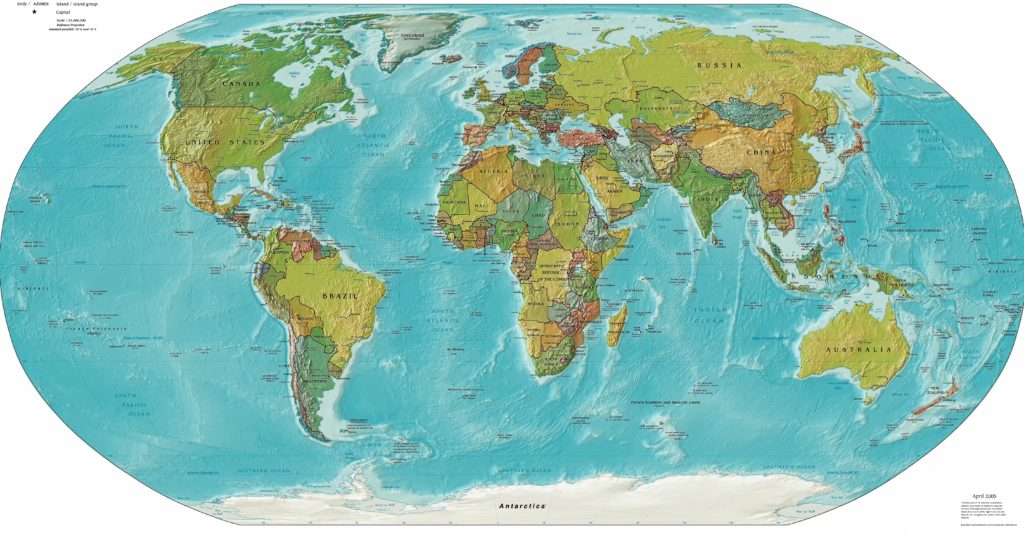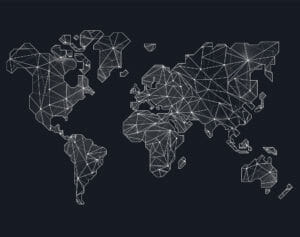Unless you just returned from weeks of trekking the jungles of Borneo, you know that Tesla and SpaceX founder Elon Musk has made an offer to buy Twitter for about $43 billion. The chattering classes are divided on what this may mean for their favorite communications medium, and unsurprisingly, Musk himself has weighed in.
Responding to media and Twitterati speculation about what his ownership of Twitter might signify, especially in the context of free speech and the possible restoration of former president Donald Trump’s account, Musk (of course) tweeted, “By ‘free speech’, I simply mean that which matches the law. I am against censorship that goes far beyond the law. If people want less free speech, they will ask government to pass laws to that effect. Therefore, going beyond the law is contrary to the will of the people.”
Twitter, of course, is a global platform, except in the countries where it is banned: China, Iran, Myanmar, North Korea, Russia, Turkmenistan and Uzbekistan. This means it is at least somewhat subject to the laws of each of the countries in which it operates.
As international lawyers, one of our favorite subjects is the importance of understanding and complying with local laws and regulations when conducting business internationally — and even within countries with local laws and regulations.
Yet many companies decide to expand internationally without sufficiently analyzing their potential and localized legal issues. Literally just this morning one of our lawyers had a call with a company that was planning on setting up a software coding operation in Mexico with eight of coders from other countries going to Mexico to do so. We had to tell them that their plan likely would not work because Mexican law does not generally allow companies of all foreigners. We get this sort of thing all the time.
Though the big issue to Twitter users in the United States is free speech, some countries have very little of that. Indeed, from the above list of countries that have banned Twitter, arguably Russia offers the greatest freedom of speech … or did until two months ago.
For companies operating in multiple international jurisdictions, (one of) the big issue(s) is taxation. We have written often over the past several years about companies moving their manufacturing out of China, and we have written often about the alternatives, e.g. Mexico, Vietnam, Malaysia, India, Poland, et al.
The many considerations facing international businesses include not only taxation, but also product component availability and quality; workforce availability and skill; shipping infrastructure; security (for employees and goods); rule of law (for the protection and enforcement of intellectual property rights, among other things); political risk (e.g. war and civil war, nationalization of industry, government currency and taxation actions, respect for human rights, natural and man-made disasters, etc.) and more.
From a legal perspective, jurisdictional differences that should be carefully considered can have an impact on:
- Entity formation
- Employment contracts and employment (and dismissal) terms
- Contract language and the location of where disputes should be resolved
- Intellectual property rights protection and enforcement
- Data privacy compliance
- Market access and tariffs
- Property investment and ownership
- Employment visa issuance
In all of these legal areas, the laws and regulations can be very different from jurisdiction to jurisdiction, even within countries (and especially within the United States). Last year we published a short guide to international business success, and though following the steps outlined in that post are no guarantee of success, certainly they will help you avoid potential disaster.
























